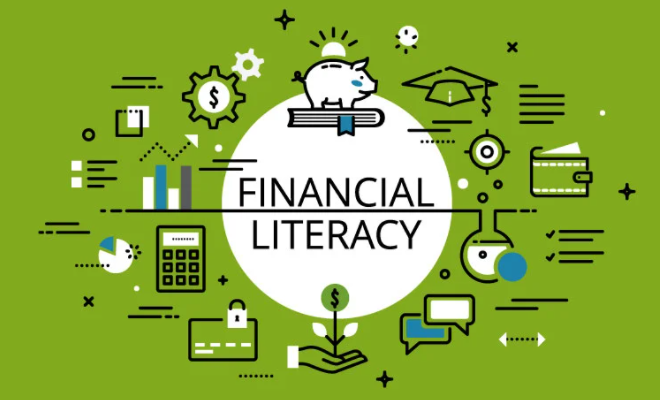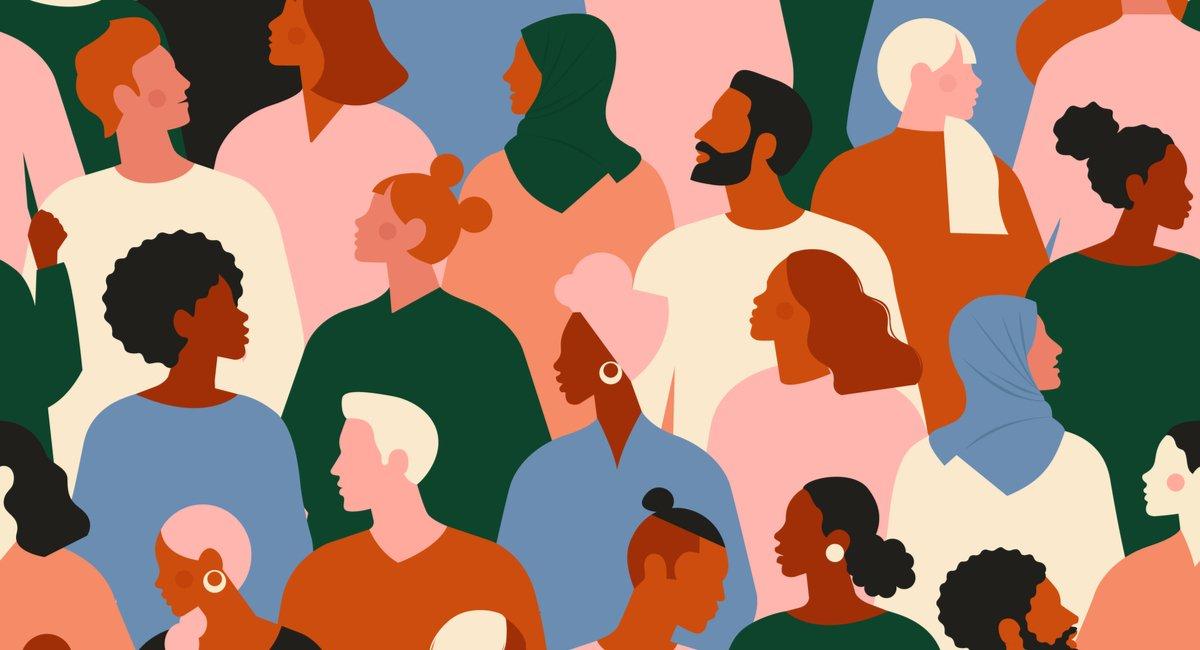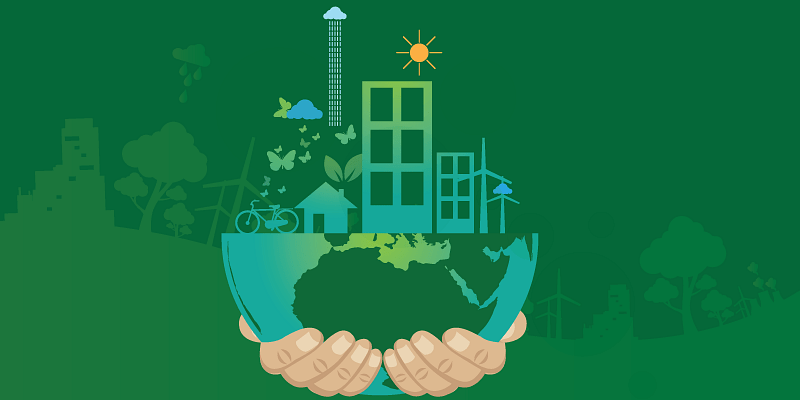Developing Financial Literacy
Young People today face some hard challenges that previous generations have never had to deal with. Whatever kind of career a young person chooses to follow, it is vital that they have the knowledge and skills to manage their own personal finances, to understand how society functions and to be aware of their relationship with the environment.

All governments, as well as most companies and individuals, take on debt at some time. If a debt can help to achieve something that is a priority, but cannot be funded out of existing cash, then accepting some debt, on a planned basis, is entirely sensible. The difference between the debt taken on by governments, and the debt taken on by companies or individuals, is that government debt will affect every citizen in the country, because sooner or later it is their taxes that generate the money to repay the debt. In the context of current levels of government borrowing, that is a very sobering thought.
There are 4 KEY RELATIONSHIPS which all of us have to learn to manage throughout our adult lives:
Employment
Through employment we generate the money we need to fund our lives. In order to build a career that can match their aspirations, every young person needs to develop the skills and techniques required to gain employment. Being able to conduct background research on employers, prepare a CV, Write a job application, and attend job interviews with confidence, are all dependent upon these skills and aptitudes, from the outset of one's career and throughout one's working life.

Finance
Modern life demands that we are all functionally financially literate. The decisions we make often have financial consequences that are not always immediately apparent. Being exposed to a variety of scenarios, and facing a wide range of challenges, while still in the safe confines of education is the best and most effective way for young people to comprehend the key financial concepts that dominate all our lives - credit, interest, debt, and cash flow. Developing a clear understanding of these concepts and how they interconnect ensures young people can cope with competing needs of spending, saving and investing while managing their hard earned money.

Society
Active citizens are essential for a successful society and economy. As citizens, we fund the government, which spends our taxes on public services and sets the laws by which we operate. through our national and local democratic systems, we all have the opportunity to participate in, and influence the direction of our society. An active citizen understands how our political, economic and social systems work and, crucially, how they can build their own independent adult lives within that framework. in doing so, they become responsible for the part they play in our democracy, with all the benefits it will bring.

Environment
Every financial decision we make has consequences beyond our own personal lives. the environmental capital of the planet is being diminished as the global population grows and developing economies add to the demand for resources. Understanding the role we can play to make out society sustainable - through conserving resources and reducing pollution - is a critical area of knowledge for our young people to acquire. Only through understanding the day to day impact of our actions can we ensure that this generation, and those that follow, are able to make decisions that will ensure the future sustainability of our planet.

